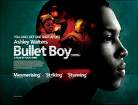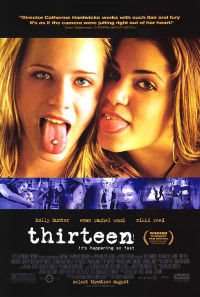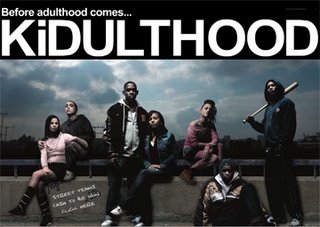Sue Sharp conducted an influential study of girls' expectations whilst at school in 1972 and in 1994 she replicated this study. During the interval there were some background changes in society and the economy, such as (a) the passage of the Thatcher era, which presented possible new female role-models; (b) high levels of structural unemployment and corresponding increases in the number and diversity of training schemes. However, these background influences do not appear to have had much influence of girls' attitudes. The principle finding was that girls in the 1990s still expect to undertake work that could be described as 'women's work' ? that is teaching, health work, air hostesses, beauticians, working with children and clerical work in banks. However, there were some changes: (a) the expectation or desire to do office work had significantly diminished. This may be attributed to changes in technology; (b) diminished expectations to become shop assistants; (c) some interest in car mechanics, engineering or firefighting. Other findings were (a) a greater stress on equality with men, increased sense of assertiveness and confidence; (b) a greater emphasis on the importance of having a job or career and being able to support themselves, especially in the event of a breakdown of marriage; (c) no desire generally to identify themselves as feminists; (d) less positive attitudes to marriage; (e) the expectation to combine work and family life; the expectation that husbands or partners would help with housework and childcare. However, realisitically, the feeling that 'new man' was a bit of a joke. (f) Young women continue to "look forward to a future in which they are likely to end up juggling work and domestic life like their mothers before them."





